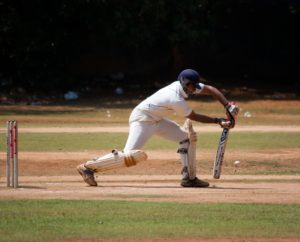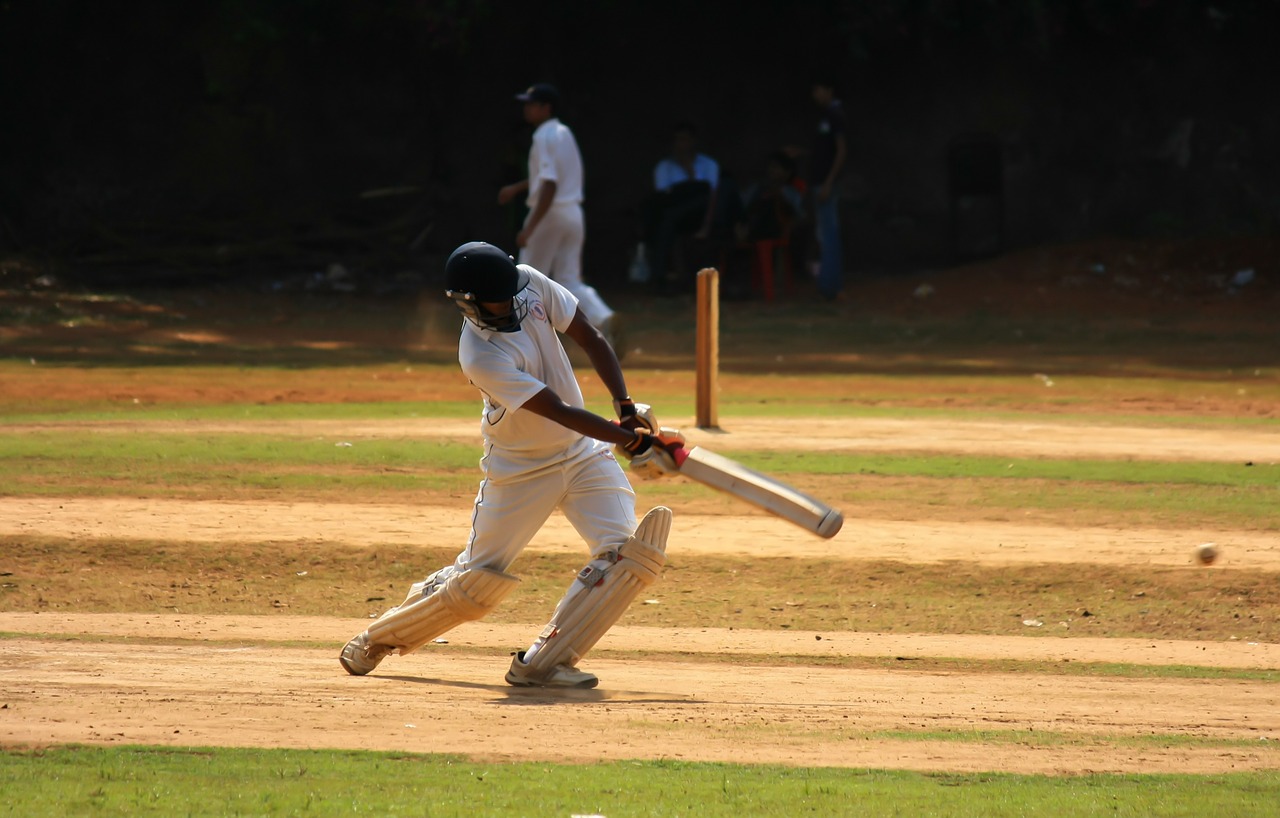If you’re connected to Afghan Wireless’ Cricket Live portal—the service that keeps you updated on local and world cricket news via SMS messages—you’re probably familiar with some of cricket’s more unusual vocabulary. But just how well do you know your “bosie” from your “googly?” Read on for a tour of some of our favorite quirky cricket terms and expressions.
The Ashes—The Test match series between England and Australia is played for the prize of “The Ashes”—a small wooden urn that contains the ashes of the bails (parts of a wicket) that were burnt after Australia’s first victory over England in 1882 at The Oval.
Beamer—A ball that is bowled without bouncing (often accidentally) and that passes the batsman at close to head height is called a beamer. This dangerous delivery creates considerable risk for the batsman; consequently, a beamer is an illegal delivery.
Beehive—A diagram showing where the balls bowled by a particular bowler have passed the batsman.
 Bite—How much spin a bowler can produce on a pitch.
Bite—How much spin a bowler can produce on a pitch.
Bosie—The Australian equivalent of a “googly” (see below), this term is rarely used today.
Buffet bowling—Describes extremely poor-quality bowling. The word “buffet” suggests that the bowling is so easy that the batsmen can “come and help themselves” to runs.
Bunny (or rabbit)—An especially bad batsman (these players are often specialist bowlers) or a skilled batsman who is nevertheless often out to the same bowler.
Bunsen—A pitch that spin bowlers can use to turn the ball significantly. The word “bunsen” comes from the Cockney rhyming slang of “bunsen burner,” meaning “turner.”
Cherry—A term for the cricket ball, as the balls used in the earliest competitive cricket matches were red. (Today, pink and white balls are also used depending on the type of match.)
Chuck—To throw, rather than bowl, the ball. Because this is an illegal move, the term “chuck” or “chucker” implies cheating.
Collapse—When several wickets are lost in in quick succession.
Daisy cutter—Refers to a ball that either bounces more than twice or rolls down the pitch.
Dibbly dobbly—Either a bowler without much talent or a delivery that allows an easy hit
Donkey drop—A ball that arcs very high before bouncing.
Duck—A score of zero for a batsman; named after the “0” shape, which resembles a duck’s egg.
Economical vs. Expensive—Bowlers who allow few runs during their overs are known as economical bowlers; conversely, bowlers who grant many runs are known as expensive bowlers.
Featherbed—A wicket that is advantageous for batters and which consequently is unhelpful to a bowler.
Ferret—A batsman that is even worse than a rabbit; the use of the word “ferret” comes from the fact that ferrets chase rabbits.
Fishing—When a batsman reaches or throws the bat at a wider delivery and misses.
Gazunder—A delivery that does not bounce as high as expected after hitting the ground; this delivery typically beats the batsman because it “goes under” the bat.
Googly—A spinning delivery that deceptively turns from the off side to the leg side (when bowled by a right-handed bowler to a right-handed batsman).
Jaffa—A (usually fast) delivery that is so well bowled that it is practically unplayable by the batsman.
Life—Refers to the situation in which a batsman earns a reprieve (from a dismissal) because the fielding team has made a mistake, such as dropping a catch.
Maiden over—An over in which players score no off-bat runs or bowl any wides or balls.
Mullygrubber—Coined by iconic player and commentator Richie Benaud, a mullygrubber is a ball that fails to bounce following pitching.
 Nurdle—The action of gently nudging the ball into empty zones of the field in order to score runs.
Nurdle—The action of gently nudging the ball into empty zones of the field in order to score runs.
Peach—A fast bowler delivery that is usually unplayable, thus getting most batsmen out.
Perfume ball—A bouncer that passes extremely close to the batsman’s face; in other words, so close that the batsman could smell it.
Popper—A ball that “pops up” sharply from the pitch when it is bowled.
Rib tickler—When a player bowls a ball short of a length, and it bounces up higher than anticipated, hitting the batsman in the ribs.
Rogers—The term used to describe a club or county’s second XI (an “eleven” is a cricket team, which is made up of 11 players).
Sawn off—A batsman who has incorrectly or unluckily received an out from the umpire.
Silly—This word is often applied to some fielding positions to indicate that they are unusually close to the batsman, as in, for example, silly midwicket or silly point.
Sledging—The tactic of verbally abusing or otherwise unsettling a batsman psychologically.
Sticky wicket—A wet pitch that is unusually challenging.

